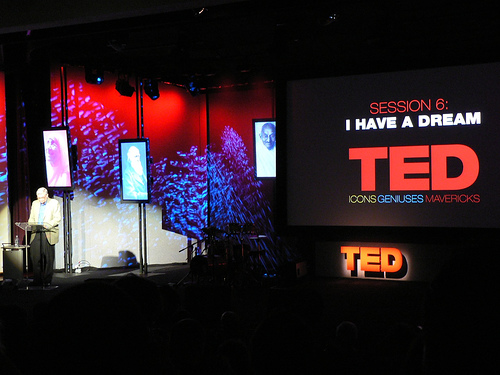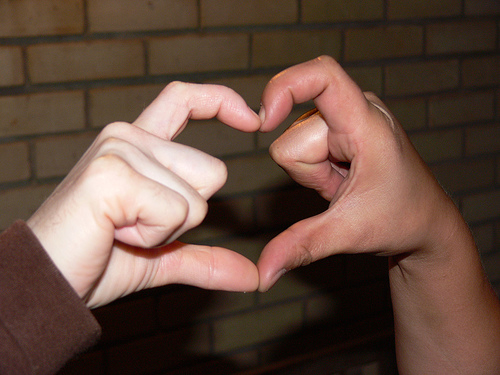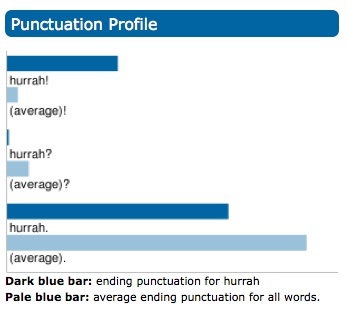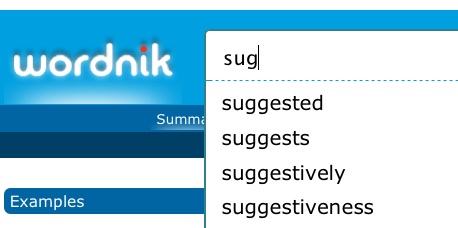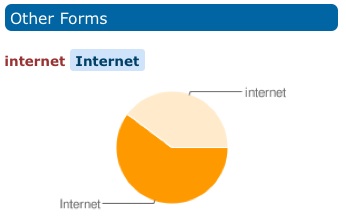What kind of Wordnik are you? Now you can find out by taking a look at your Wordnik profile!
Your Wordnik profile (which is available whenever you’re logged in) shows you (and only you — it’s private) how many words you’ve looked up, and the most recent words you’ve looked up, tagged, left notes about, recorded pronunciations for, and declared to be your favorites!
When you’re logged in, your profile page will help you keep track of cool words you’ve found or the words you frequently misspell.
To find your profile page, click on your username in the upper right-hand corner of the site. (Never logged in? Join today!)

And if you’ve logged in with Facebook Connect, we’ll even show you your user picture (just in case you’ve been spending so much time at Wordnik that you’ve forgotten what you look like).
While putting the profiles together, we thought we identified some Wordnik types …
The Enthusiast: has lots of words marked as favorites. (Enthusiasts like to tweet their new favorites, too!)
The Organizer: has tagged lots of words. Organizers’ tags range from the purely informational (consecutivevowels) to the editorial (funnysounding) to the just plain funny (apersonwhoeatsonlyvegetarians).
The Explainer: leaves a lot of helpful notes. (Or funny notes, which are also helpful in their way.)
The Announcer: records a lot of pronunciations. (Or finds them online and does some kind of prestidigitation to add them to Wordnik. Check out the one by “Vizzini” here.)
Soon we’ll be adding even more information to your profile pages, including your complete browsing history and some fun ways to compare yourself to other Wordniks. (A hint: start trying to score those Wordniks now …)
At Wordnik, our plan is to give you as much information as we can about as many words as we can — and that includes information about your own word use. Please let us know what else you’d like your profile to keep track of for you!


